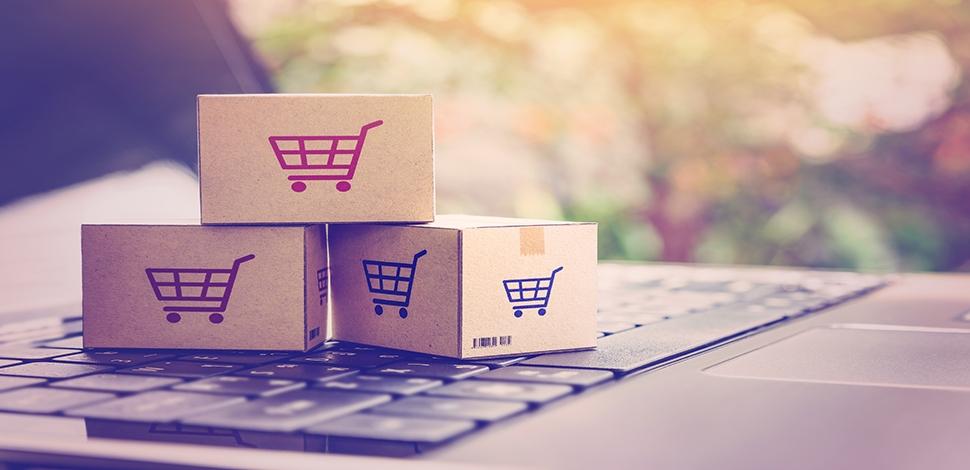ul. Strzegomska 2-4
53-611 Wrocław
NIP 8992786490
KRS 0000608120
REGON 363987723
Global4Net Sp. z o. o.
+48 71 358 41 00
© 2009 – Global4Net. All Rights Reserved.

You run your online store and notice increasing increases. You have therefore created a platform that has a great interest among customers. What is the next step in company development? Certainly it may be an extension of sales to new markets, i.e. starting operations in other countries. It’s a proven way to grow used by many enterprises. However, how to get on with it to start international sales succesfully?

The analysis (451 Research Global Unified Commerce Forecast, 2018) shows that by 2022 purchases made online with buyers from outside of your own country will be around 17.3% of all online transactions. The trend follows from the fact that customers all over the world are more and more willing to choose international brands when buying products online.
To find the answer to the question stated above, Internet Retailer and Global E-Commerce Leaders Forum conducted a questionnaire (April – June 2019) among 111 retail brands. It turned out that the sellers do not take international actions because they are afraid of compliance with product safety regulations that vary from one to another legislation depending on a country.
However, international trade often seems more dangerous than it is in reality. Customers from all over the world are looking for new products while shopping online, which is a guarantee of having customers. In addition, international transactions are not at all more unfair and more risky than those taking place in home country. So if you carefully analyze your new markets and choose the right tools and technologies to conduct sales, you can grow your company faster than you think.
The most important thing is to remember that each country is different when it comes to trade online. Therefore, before starting your business, investigate the market you are interested in. Think about how future customers want to see information about your products and which payment methods they want to use and how they can receive the order. Consider that there are local rules and principles related to paying taxes. Thanks to this recognition you will enlarge your profits and minimize the risks associated with the development of a new investment.
If you do not know exactly where you want to start selling, it’s a good solution: analyze current purchase data. It may turn out that now your customers include people from outside the country who often visit your website. There is also a chance that the overwhelming majority of traffic comes from one country. If so it turns out to be true, you will have a good basis to choose this place as your new one foreign market.
If you managed to find a country from which you record high traffic on the site, you have researched on your own, it’s time to verify what you’ve determined. Look for experts who are familiar with trade specific to the country of your choice. These can be lawyers or other trade and marketing specialists. Ask them about local habits, methods of payment, tax and data protection rules. The right person will also help you verify your plans and assumptions about the sale and give you other helpful information.
If the decision is made and you start the adventure with international trade, remember not to do everything at once. Start with one selected country. Only when you regulate the sale in it and everything will be working efficiently, take care of development in more countries. This will help you keep control of your brand and also deal with all important formalities. As the priority, select the countries from which the most traffic originates or where you have experience related to trade.
After expanding sales in a given country, carry out analyzes. Rate whether posts on the website, information and marketing activities bring results. Investigate conversion rate among local buyers. Pay attention to all relevant statistical parameters, because thanks to this you will manage to follow the right direction of developing your e-commerce platform.
Before you start cross-border sales, make sure that your e-commerce platform is able to serve selected markets. Check if there is a possibility to show it in a specific language, change the location of information about available products, appropriate payment and shipping options without adding higher implementation costs and platform management.
Importantly, your e-commerce platform should also allow you to easily integrate necessary solutions with other companies, e.g. courier.
International sales can completely change your business and significantly accelerate your development company. If you are just going to be responsible for preparing the sales process cross-border, you should not encounter unexpected difficulties. Well conducted research is the basic thing as well as analysing the selected market and matching it with your own sales methods.
Write to us




